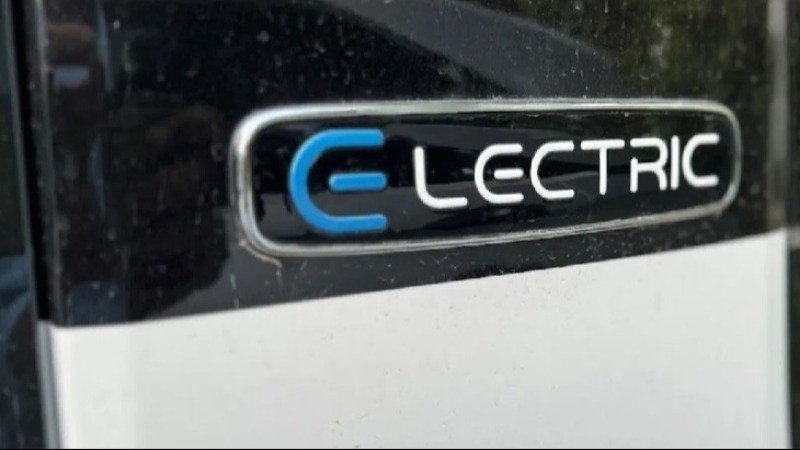
New Delhi: The Society of Indian Automobile Manufacturers (SIAM) and major players in the automotive industry have praised the Cabinet’s decision to launch the PM e-DRIVE scheme, designed to advance electric mobility across India.
The scheme, with a total budget of Rs 10,900 crore, aims to support the deployment of 2,479,000 electric two-wheelers, 316,000 electric three-wheelers, and 14,028 electric buses, along with establishing 88,500 EV charging stations.
Shailesh Chandra, President of SIAM and Managing Director of Tata Motors Passenger Vehicles Ltd & Tata Passenger Electric Mobility Ltd, voiced strong approval of the government’s initiative.
Chandra said, “This forward-thinking initiative reflects the Government's unwavering support for India's transition to electric mobility, fostering innovation and investment within the sector. We believe this scheme will not only enhance the growth of the EV ecosystem but also strengthen India's leadership in the global movement towards environmental sustainability.”
Dr. Anish Shah, Group CEO & MD of Mahindra Group, also praised the government's efforts, noting the scheme’s comprehensive nature.
Shah said, “We applaud the government for launching the PM e-DRIVE scheme. With continued focused support on two-wheelers, three-wheelers, e-buses, and the addition of e-ambulances, the scheme will drive higher EV penetration in the country.”
Mahindra & Mahindra highlighted that previous schemes like FAME and EMPS have already boosted the adoption of electric three-wheelers in India.
“Investments in fast charging infrastructure across all segments will enhance consumer confidence and accelerate EV adoption. FAME and EMPS have already achieved 20 percent penetration of electric three-wheelers. With PM e-DRIVE, we anticipate India will become the first country to achieve 100 percent electrification in this segment by 2030,” he added.
The Union Cabinet approved the 'PM Electric Drive Revolution in Innovative Vehicle Enhancement (PM e-DRIVE) Scheme,' allocating Rs 10,900 crore over the next two years. The scheme includes Rs 3,679 crore in subsidies and demand incentives for various electric vehicles, including two-wheelers, three-wheelers, e-ambulances, e-trucks, and other emerging electric vehicles.
It is projected to support the deployment of 24.79 lakh electric two-wheelers, 3.16 lakh electric three-wheelers, and 14,028 electric buses, giving a significant boost to India's EV ecosystem.
A key feature of the scheme is the introduction of e-vouchers for EV buyers. At the time of purchase, an Aadhaar-authenticated e-voucher will be issued, enabling buyers to access demand incentives.
Additionally, the scheme allocates Rs 500 crore for e-ambulances, marking a new initiative to integrate electric vehicles into essential public services.
Another Rs 4,391 crore is designated for the acquisition of 14,028 electric buses, with a demand aggregation process led by CESL in nine major cities, including Delhi, Mumbai, and Bangalore. Intercity and interstate e-buses will also be supported in consultation with states.
Furthermore, Rs 500 crore will be used to incentivize the adoption of electric trucks, addressing one of the largest sources of air pollution.
The scheme also encourages participation from those with a scrapping certificate from Ministry of Road Transport and Highways-approved (MoRTH) vehicle scrapping centers.
An allocation of Rs 2,000 crore is designated for the installation of 22,100 fast chargers for four-wheelers, 1,800 fast chargers for e-buses, and 48,400 fast chargers for two- and three-wheelers. These chargers will be installed in cities with high EV adoption and along selected highways, enhancing the feasibility of long-distance electric travel.